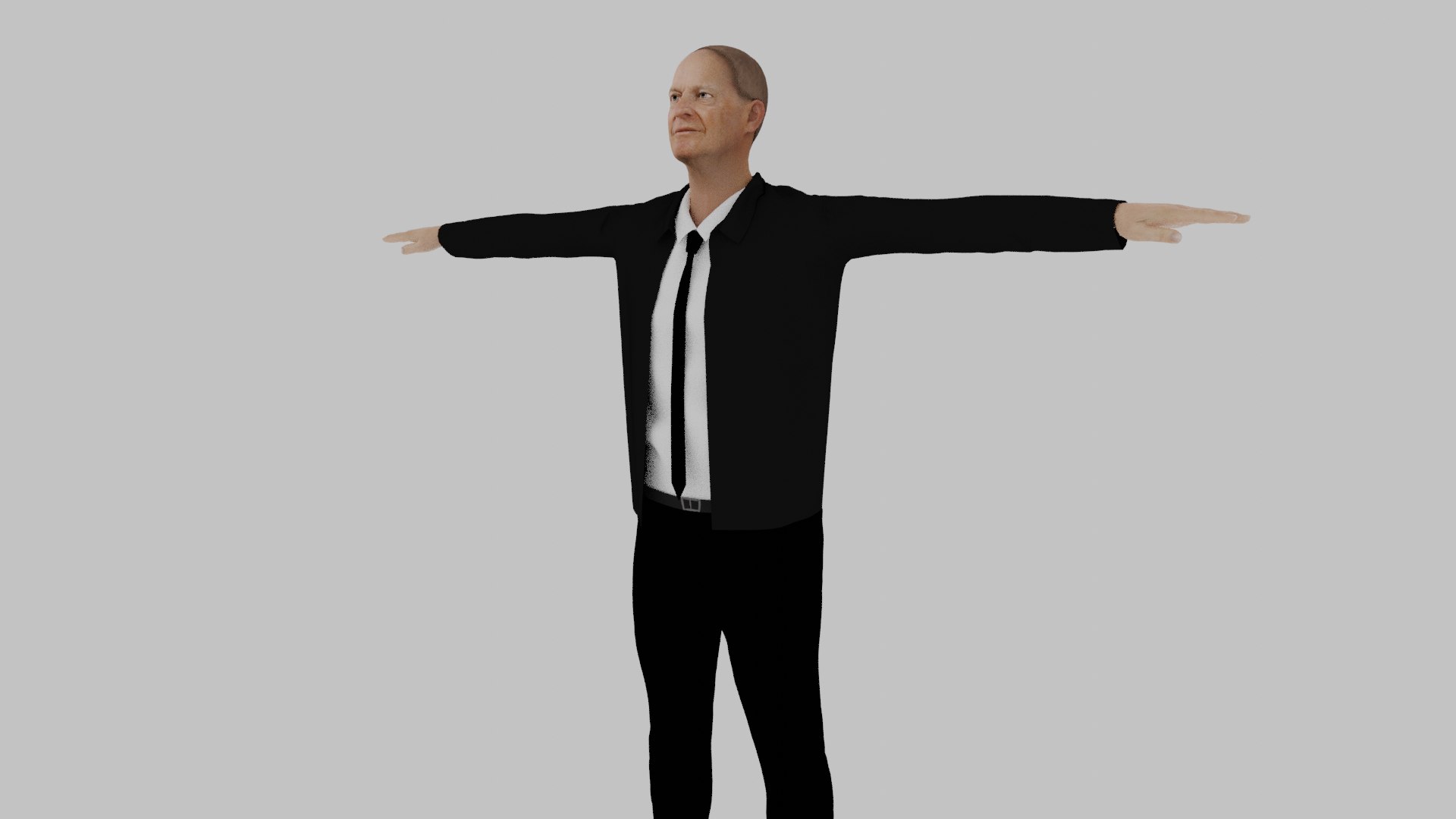Dwight D. Eisenhower: A Paradox of War and Peace
Introduction:
Dwight D. Eisenhower, the 34th President of the United States, remains a complex and enigmatic figure in American history. His legacy as a victorious general in World War II stands in stark contrast to his presidency marked by the pursuit of peace and international cooperation. This essay will critically examine the complexities of Eisenhower's persona, exploring his military triumphs, his diplomatic achievements, and the paradoxes that shaped his life and career.
Eisenhower's Military Triumphs:
Eisenhower's military career reached its zenith during World War II, where he played a pivotal role in securing Allied victory. As Supreme Commander of the Allied Forces in Europe, he oversaw the successful invasion of Normandy in 1944 and the subsequent liberation of Western Europe. Eisenhower's strategic brilliance, his ability to inspire his troops, and his unwavering determination contributed to the war's eventual outcome. His wartime service earned him the respect and admiration of both his fellow soldiers and the American public.
Eisenhower's Diplomatic Endeavors:
Following the war, Eisenhower transitioned from the battlefield to the political arena. As President, he sought to foster international cooperation and reduce the threat of nuclear conflict. He played a key role in establishing the North Atlantic Treaty Organization (NATO) in 1949, a collective defense alliance designed to counter Soviet aggression in Europe. Eisenhower also promoted the "Atoms for Peace" program, which aimed to harness nuclear energy for peaceful purposes.
The Paradoxes of Eisenhower's Presidency:
Despite his pursuit of peace, Eisenhower's presidency was marked by several paradoxical challenges. He oversaw the expansion of the military-industrial complex, warning of the potential consequences in his farewell address. Furthermore, his administration authorized covert operations, including the overthrow of democratically elected governments, in the name of combating communism. These actions have raised questions about the extent to which Eisenhower's commitment to peace was compromised by the realities of Cold War politics.
Eisenhower's Legacy:
Eisenhower left office in 1961 with a legacy that is both celebrated and scrutinized. He is remembered as a military hero who helped secure Allied victory in World War II. His presidency is credited with promoting international cooperation and economic prosperity. However, his authorization of covert operations and his expansion of the military-industrial complex have cast a shadow over his reputation.
Conclusion:
Dwight D. Eisenhower was a man of contradictions. He was a brilliant military strategist who also sought global peace. He presided over a time of economic expansion while also expanding the military-industrial complex. His legacy is complex and multifaceted, reflecting the paradoxical challenges of the era in which he lived. Eisenhower's life and career remain a subject of fascination and debate, inspiring ongoing discussions about the relationship between war and peace, the role of the military in society, and the enduring complexities of human nature.
The Weeknd: The Star Who Brought R&B Into The Mainstream
George Harrison: The Quiet Beatle Who Revolutionized Music
Eric Bana: From Stand-Up Comedian To International Film Star



